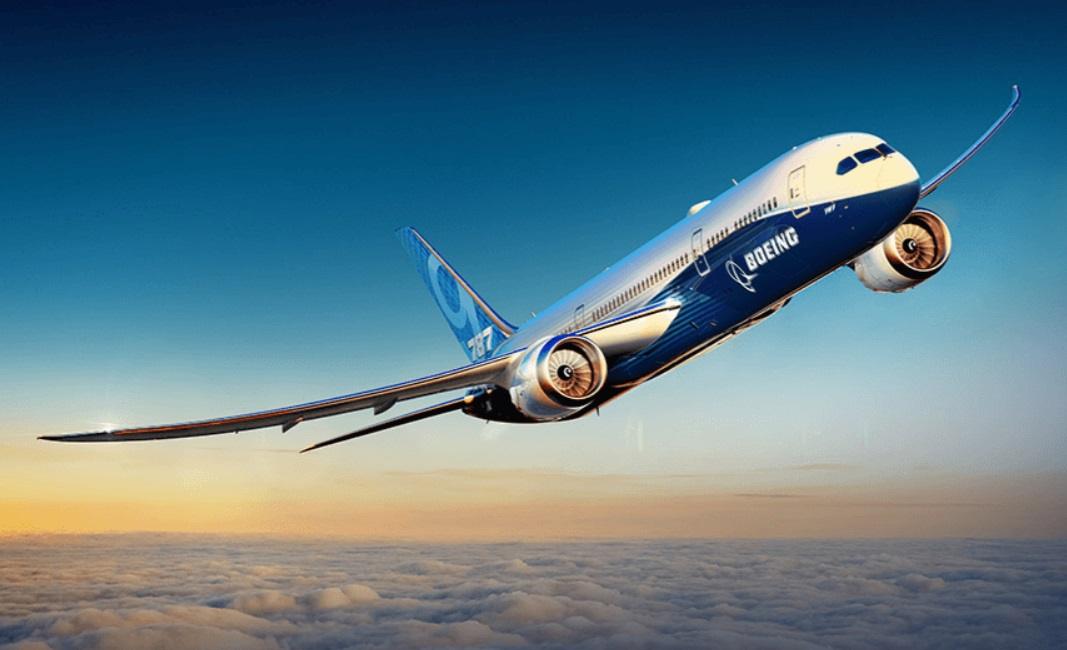Boeing to Deliver 100% Sustainable Fuel Capable Planes by 2030
Aerospace giant Boeing announced a new commitment, setting a 2030 target for its commercial airplanes capable and certified to fly on 100% sustainable aviation fuels (SAF).
Air transport has come under increasing scrutiny in recent years as a significant contributor to GHG emissions. According to European Commission estimates, aviation accounts for 2% of global GHG emissions. Without efficiency improvements, aviation emissions are likely to increase along with the steady rise in air travel forecast over the next several decades.
SAF is seen by market participants as one of the key tools for the industry to address its emissions impact, with CO2 emissions reductions of up to 80% over the fuel’s life cycle with the potential to reach 100% in the future, according to the Air Transport Action Group, U.S. Department of Energy and several other scientific studies. SAF is generally produced from sustainable resources, like waste oils and agricultural residues, or even from carbon captured from the air, rather than from fossil fuels. While current fuel specifications allow SAFs to be mixed directly with conventional jet fuel up to a 50/50 blend, airplanes need the capability to fly on 100% sustainable aviation fuels well before 2050 in order to meet the industry’s 2050 commitment for reducing carbon emissions by 50%, according to Boeing.
Boeing Commercial Airplanes President and CEO Stan Deal said:
“Our industry and customers are committed to addressing climate change, and sustainable aviation fuels are the safest and most measurable solution to reduce aviation carbon emissions in the coming decades. We’re committed to working with regulators, engine companies and other key stakeholders to ensure our airplanes and eventually our industry can fly entirely on sustainable jet fuels.”
Chief Sustainability Officer Chris Raymond said:
“With a long history of innovation in sustainable aviation fuels, certifying our family of airplanes to fly on 100% sustainable fuels significantly advances Boeing’s deep commitment to innovate and operate to make the world better. Sustainable aviation fuels are proven, used every day, and have the most immediate and greatest potential to reduce carbon emissions in the near and long term when we work together as an industry.”





